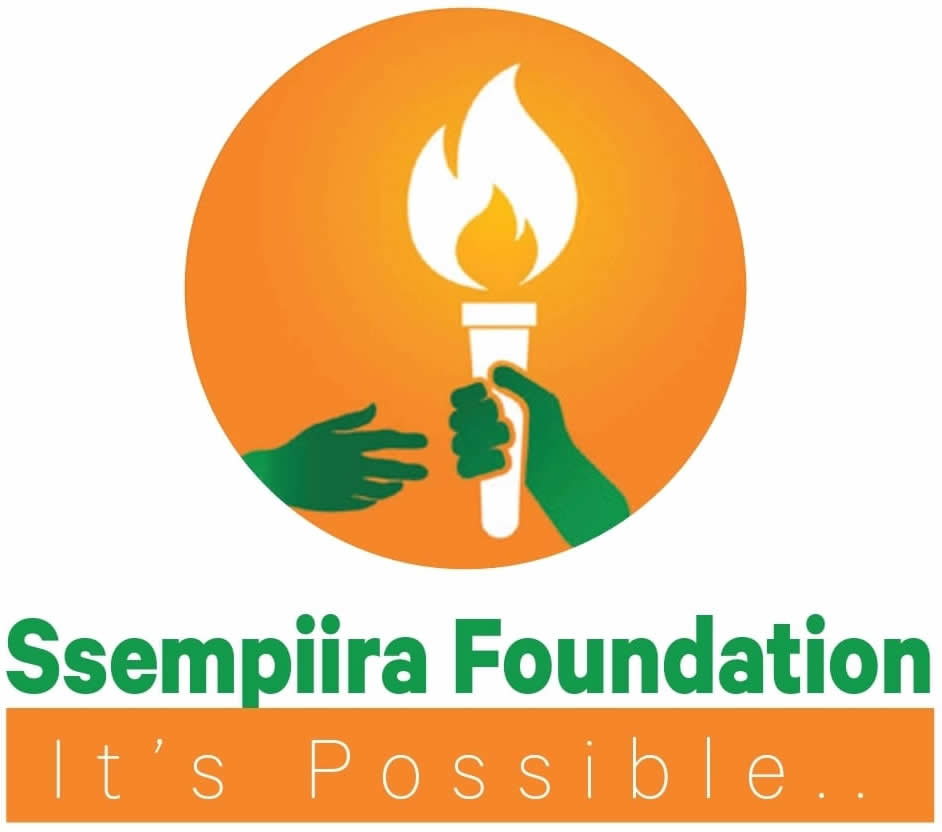Curriculum for Mental Health & Addiction Training Workshop
Basics of Psychology
This course will provides students with a basic knowledge of psychology terminology and concepts that can be applied in the real world. Students will learn about the problems associated with each stage of our lifespan from infancy into late adulthood.
Addictions Fundamentals
The Negative Impacts of Stigma — Students examine the current and historical views of addiction and the damaging misconceptions which have had significant negative impacts. B) Pharmacology — Concentrates on the basic pharmacology and pharmacokinetics of psychoactive drugs (illicit and legal) and their effects on the mind and body. C) Drug Policy and the Law — Examining the historical roots of the racially oppressive ideologies which created drug policy.
Abuse & Vulnerable Populations
High Risk Populations — Students learn the definition of what it means to belong to one of the vulnerable populations in society what that experience looks like. B) Domestic Violence/Sexual Assault/Child Abuse — Students discuss the impacts domestic violence takes on survivors of abuse in all forms (physical, emotional, financial, etc.) and the disturbing intersection to child abuse. C) First Nations/Seniors/LGBT/Persons with Disabilities — Highlights the ageist, homophobic, and prejudice.
Trauma & Crisis Intervention
A) The Practice of Self Care — Students will learn the self-care skills within the profession of support work, without attention to the needs of oneself, we become a disservice to the client we encounter. B) Trauma — Students will be able to demonstrate knowledge of the factors associated with trauma response to include psychosocial, psychical, cognitive, affective and behavioural responses.
Working with Youth & Families
Family Dynamics — Completion of this module will prepare students with knowledge of common dysfunctional family dynamics, an overview of common family therapy approaches, and a first hand look at the use of Genograms. B) Addictions and Families — This course will explore the implications of substance use on families and the special considerations that need to be addressed when working with clients and the importance of including their families in the process.
Recovery Skills & Prevention
Relapse Prevention — Students explore the reasons for, and the most accepted forms to help prevent, the very common experience of relapse in the recovery process. B) Intervention and Rehabilitation — Students develop the knowledge and skills to assist in minimizing and preventing the effects of prolonged periods of relapse during the journey of recovery. C) Motivational Interviewing — Students learn strategies to motivate clients during interviews throughout the recovery and treatment process.
Career Prep
Students work with a professional career counsellor to develop and optimize a professional resume to put forward for employers. Additional support in job searching, interview techniques, and other career transition skills are offered to ensure students have the best possible work prospects.
